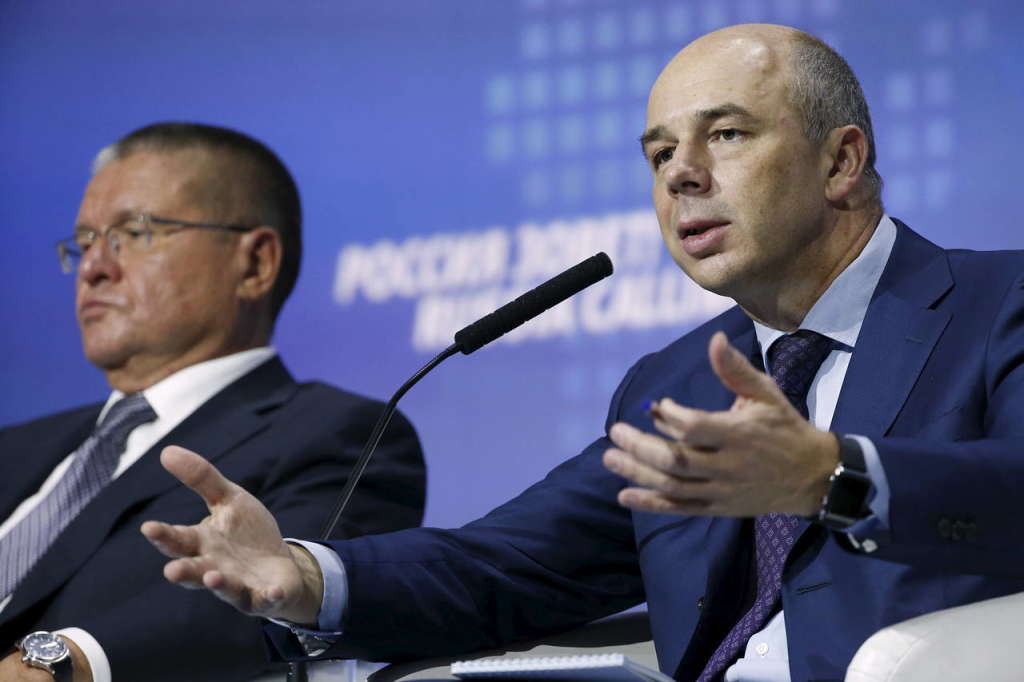As fuel prices collapsed, the Russian government announced it was preparing to cut its expenses by 10 per cent in order to avoid bankruptcy of the country, similar to what happened in 1998.
“The basic principle of our policy remains that it must live within its means, including reducing spending and reducing spending on the government apparatus, privatization of part of state assets”, explained Prime Minister Dmitry Medvedev speaking at an economic forum in Russia.
The deterioration of oil prices that fell to $ 30 a barrel, a level that wasn’t expected from a while ago, suddenly changed the facts for Russia, a country that relies on fuel to secure its revenue, and that had hoped that its economy would recover during 2016 after last year’s intense deflation.
The budget of the Russian Federation, as the country’s economy, is still very dependent on oil prices, therefore, structural changes are inevitable, and they will be very difficult, warned Finance Minister Anton Siluanov. Otherwise, “inflating” the budget on paper, the Russian authorities risk repeating the scenario of 1998-1999, when the pressures of galloping inflation actually fell on the shoulders of citizens.
Low oil prices can persist for a long time. “Now there is a very harsh correction in oil prices. We see that no one reduces the production, and most likely, in the near future we will continue to see lower prices for this product”, – predicted of the Minister of Finance of the Russian Federation.
The suggestion of potential state-asset sales—frequently flaunted in recent years, but hardly ever executed—shows how wide Russian officials are casting the net for ways to shore up a federal budget that receives half its revenue from the oil and gas sector. High oil prices had been the keystone of President Vladimir Putin’s 15-year rule, allowing him to boost social spending and raise living standards. However, the fall in the oil price and sanctions over the Kremlin’s interventions in Ukraine brought about a 3.7% economic contraction last year, accompanied by a decrease in real incomes. Officials say the economy will grow this year, but the World Bank forecasts a 0.7% contraction.

